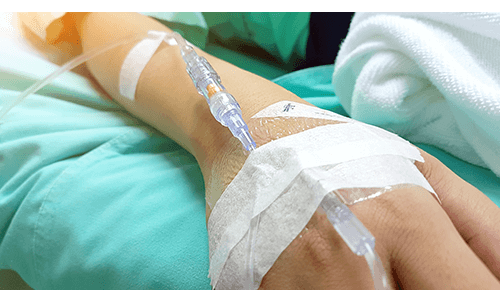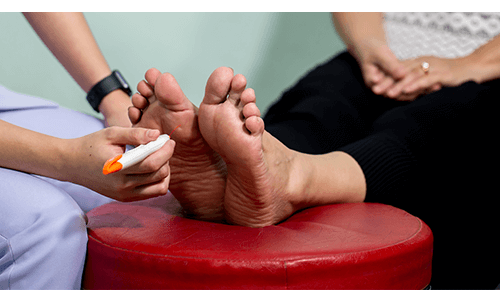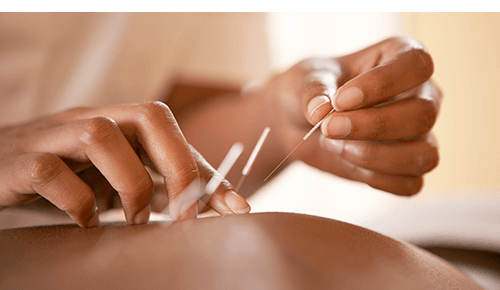Welcome to Your New Normal. Today we’re going to tackle the topic of handling neuropathy during treatment and how you can manage symptoms.
Experiencing symptoms of neuropathy – or discomfort from nerve damage – is a pretty common side effect of cancer treatment. In fact, 30 – 90% of cancer patients report they experience neuropathies after treatment. So what causes it and how can you manage it? Today’s edition of Your New Normal will break it all down.
Causes
First, what causes neuropathy? One cause can be that the cancer tumor is growing or pressing on a nerve. Other causes can come directly from cancer treatments. For example, radiation can be a cause of nerve damage, and sometimes you might not notice symptoms for years after treatment. Surgery can also cause damage to the nerves. Chemotherapy can also be a big factor, especially in high doses, because the medications are traveling through the patients’ bodies and can damage nerves.
Symptoms
Nerves are the part of your body that help you feel and sense things. The nerves in the peripheral nervous system work to carry signals from areas like the brain to the rest of the body, like your hands or feet. Once those nerves are damaged, those signals are affected, too. This can lead to symptoms like:
- Numbness/tingling in toes, fingers, hands and feet
- The feeling of electric shocks
- Burning
- Weakness
- Pain
- Loss of sensation
- Sensitivity to touch – even with something as light as a bed sheet
Symptoms can range from being mild to painful. These symptoms mean that sometimes patients have trouble doing tasks with their hands, especially more intricate movement like buttoning a shirt. This can also include tasks like holding utensils, typing on the computer or phone and getting dressed. Patients with neuropathy may also have difficulty with walking or balance, as well as muscle cramps.
Sometimes, these symptoms can be even more heightened for patients who have diabetes, kidney failure, alcoholism or malnutrition.
Coping Mechanisms
If you are experiencing symptoms of neuropathy, there are some important coping mechanisms to keep in mind:
- Be careful with sharp objects, like using knives when cooking. You might need to ask someone else to mince the garlic or chop an onion for the time being.
- Wear good shoes that provide adequate support, especially if you’ve lost some feeling in your feet.
- Try acupuncture. It’s been known to help patients deal with pain and improve their sleep. In a session, tiny, fine needles are inserted into the body to help promote your own natural ability to heal. While thinking of all those needles may seem scary, they are so small that you’ll feel nothing or just a brief sensation. OhioHealth has an acupuncturist on staff as part of the integrative cancer care program at the Bing Cancer Center. You can learn more by clicking here and scrolling down to “acupuncture.”
- Talk to your doctor about medications that might be able to help you. Some that are shown to help include Tegretol, Effexor and Amitryptyline.
The good news is that the peripheral nerves have the ability to heal, meaning for many people, symptoms of neuropathy are not permanent and will stop within a few months (or sometimes years) of cancer treatments. Be sure to talk with your care team about additional coping mechanisms that may help you feel and function your best.
Missed a blog post in my “Your New Normal” series? Click the links below to read other posts!

About Dr. Deepa Halaharvi
Dr. Halaharvi is a board-certified general surgeon with over six years of experience. She completed the Breast Surgery Fellowship at OhioHealth Grant Medical Center and provides a surgical practice focused on breast care and breast surgery.
Dr. Halaharvi’s interests include teaching, involvement in clinical breast disease research and community outreach activities. She can speak 4 languages which include: English, Hindi, Urdu & Telugu.








